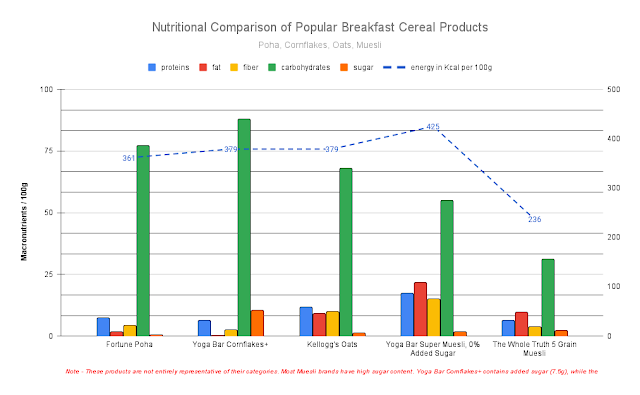WWF's 2024 Living Planet Report: A Call for Sustainable Agriculture
WWF or World Wide Fund for Nature (Formerly World Wildlife Fund), is an independent conservation organisation, with more than 38 million followers and a global network active through local leadership in over 100 countries.
The latest report from WWF, the 2024 Living Planet Report, highlights the urgent need for sustainable agricultural practices to address the environmental challenges posed by the global food system. Packed with statistics, the report makes a strong case for why we must change how we produce and consume food before it's too late.
Key Findings:
- Farming, including paddy fields, fishing trawlers, dairy farms, and coffee plantations, contributes a quarter of greenhouse gas emissions.
- If the projected 10 billion people on Earth in 2050 adopt the diets of countries like Australia or Argentina, we would need 7-8 Earths to produce enough food.
- 71% of agricultural land is used for grazing livestock, leaving only 30% for growing crops for human consumption.
- Agriculture consumes 70% of all usable water, while people in water-stressed areas struggle to access this vital resource.
- More than 90% of crop varieties have disappeared from farmers' fields, and half of the breeds of many domestic animals have been lost. Just 10 major global crops - barley, cassava, maize, oil palm, rapeseed, rice, sorghum, soybean, sugar cane and wheat - account for 83% of all harvested food calories
- In the US, 55% of the Colorado River's water is used to grow cattle feed.
- 30-40% of all food produced is never eaten, resulting in the waste of a significant portion of agricultural land and water.
- India is praised for its plant-based diets, but it needs to improve its crop yields, which are currently only around half of their potential.
The report recommends adopting nature-positive production practices, such as agroecology, regenerative agriculture, conservation agriculture, and climate-smart farming, to increase yields, restore biodiversity, and reduce carbon emissions.
"If everyone in the world adopted the current food consumption patterns of the world’s major economies by 2050, we exceed the 1.5°C climate target for food-related greenhouse gas emissions by 263% and require one to seven Earths to support us."
WWF Living Planet Report 2024 – A System in Peril




Comments
Post a Comment